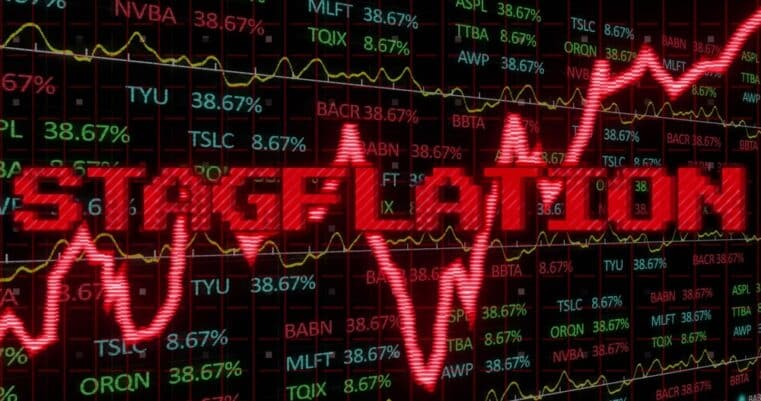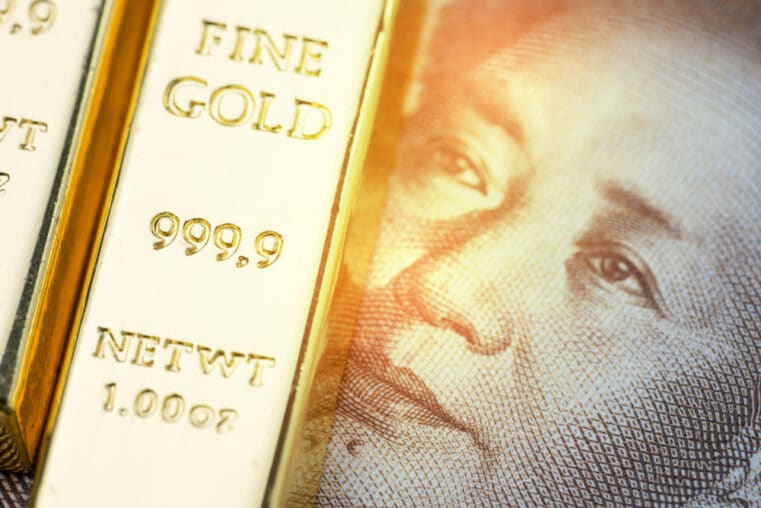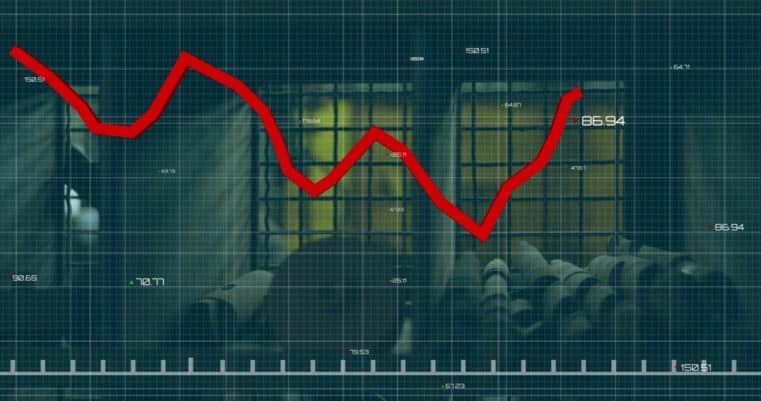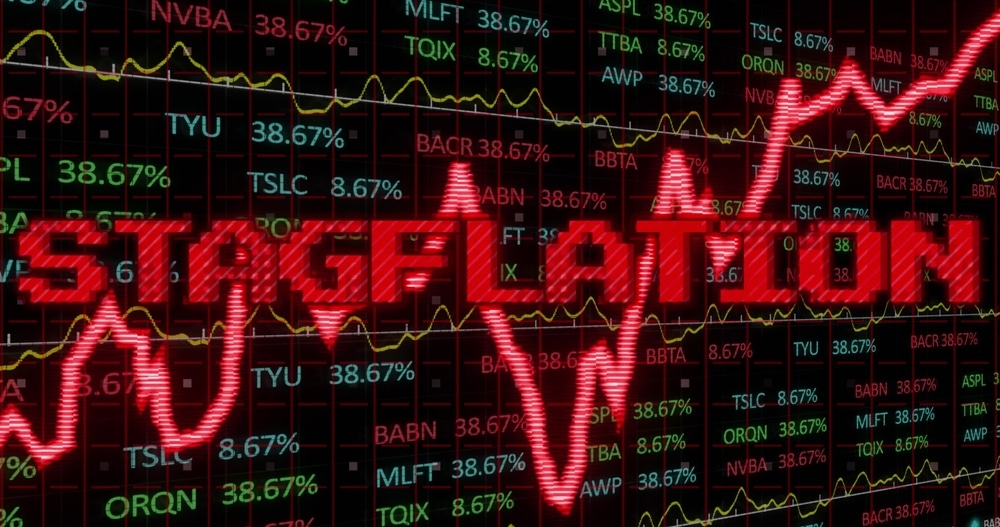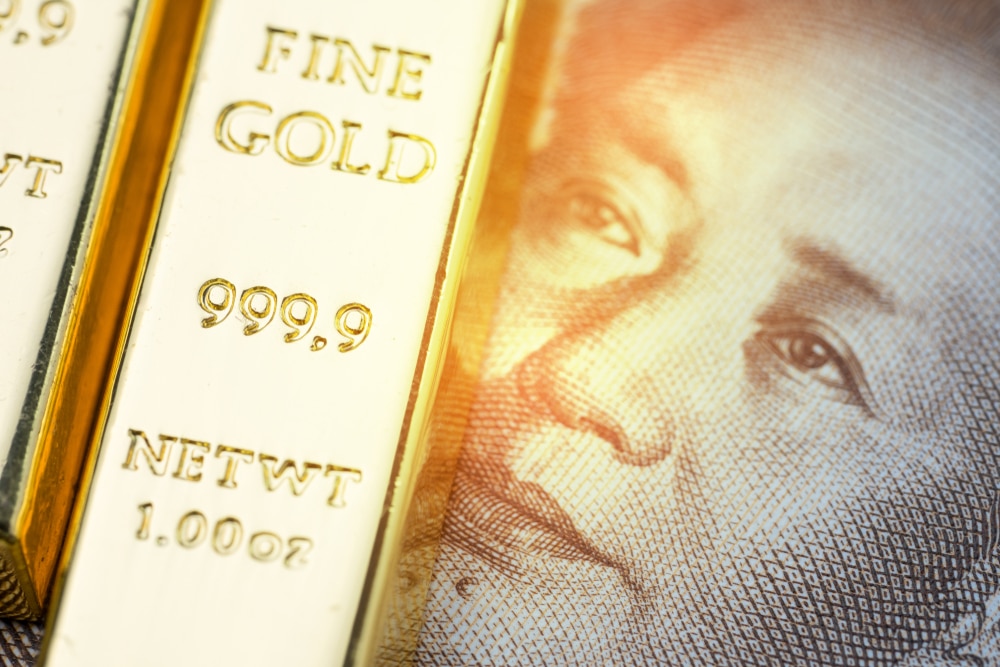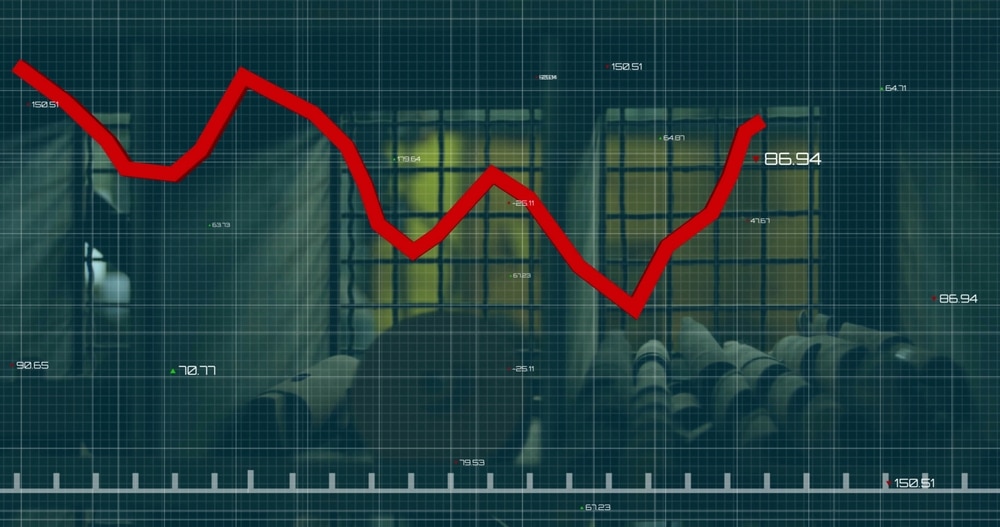
Chinese Agency Downgrades US Credit Rating
We all know what happens when our personal credit rating sinks. Not only might other lenders refuse to lend to us, not only are we at the mercy of lenders charging high interest rates, not only are we shut out of big ticket items, ultimately, we still have to pay back our debt which continues to grow well beyond the principal amount.
Like it or not, China is the US’s largest lender. And in a move that not only asserts their power over the US’s fragilizing economy, but also reflects their growing lack of confidence in America’s financial position, Dagong--a Chinese credit rating agency-- has downgraded the US rating from A- to BBB+.
The reasons for the downgrade:
- “Deficiencies in US political ecology,” and
- The most recent tax cuts which, according to them, reduces the federal government’s main sources for debt repayment.
This rating places the US in the same credit category with nations such as Turkmenistan, Peru, and Columbia.
And to add insult to injury, the Beijing-based agency has given the US a negative outlook.
But is there any substance to this downgrade? Here’s what they have to say. Last Tuesday, Dagong made an announcement warning that the US reliance on debt to drive its economic development may eventually put its solvency at risk.
They referred specifically to Trump’s tax reform, which is estimated to add upwards of $1.4 trillion over the the next ten years to the current national debt burden of $20 trillion.

Chinese Agency Drops US to BBB+ is Moody’s Next?
Many Americans may disagree or dismiss entirely the agency’s statements. But the statement holds enough weight to give anyone pause: if your neighbor accumulates wealth and supports his or her lifestyle by going into more and more credit card debt, wouldn’t you say that such a lifestyle might not be “sustainable”?
So is this downgrade a matter of geopolitical posturing, or does it hold some validity, or both?
Here’s what Dagong is thinking: they project that the US government’s fiscal revenue-to-debt ratio will deteriorate from 14.2% in our current year to around 12.1% in 2022. This would create a situation in which the government may be continually pressed to raise its debt ceiling.
As the firm states, “The virtual solvency of the federal government would be likely to become the detonator of the next financial crisis.”
Last week, the bond market underwent a shock when a report claiming that Beijing officials were considering slowing down or halting purchases of US Treasury Bonds was released. Investors were worried that such an eventuality would trigger a massive global sell-off in bond and equity markets. US Treasury yields surged to 10-month highs, the dollar sinking even lower.
Following the market reaction, China’s foreign exchange regulator dismissed the report as “fake news,” an announcement that subsequently brought calm to the markets.
Yet such a reaction tells us something important: the public’s confidence in the value of US Treasuries is very fragile, and that it won’t take much to destroy it.
Dagong states, “The market’s reversing recognition of the value of U.S. Treasury bonds and U.S. dollar will be a powerful force in destroying the fragile debt chain of the federal government,”
Perhaps China’s message has more to do with politics than economic strategy.
It’s a warning shot--one aimed at the Trump administration as it plans to launch a trade war in the coming weeks.
It’s important to note, however, that some US rating agencies have echoed concerns similar to Dagong. Here’s what Reuters has to say:
“S&P Global said last month’s proposed U.S. tax cuts would increase the federal deficit and looser fiscal policy could prompt negative action on U.S. credit ratings if Washington failed to address long-term fiscal issues.
In November, Fitch said the tax cuts would give a short-lived boost to the economy, but add significantly to the federal debt burden. It warned that the United States was the most indebted AAA-rated country and ran the loosest fiscal policies.
Moody’s said in September any missed debt payment as a result of disagreement over lifting the debt ceiling, a perennial point of partisan contention in Washington, would result in the United States losing its top-notch rating.
And how does China hold up in the eyes of US rating agencies? Certainly, not any better than the US.
- S&P Global:: A+
- Fitch Rating: A+
- Moody’s: A1
All three are in consensus that the biggest risk to China’s economic standing is its corporate debt, which is estimated to be 160% the size of its economy.



